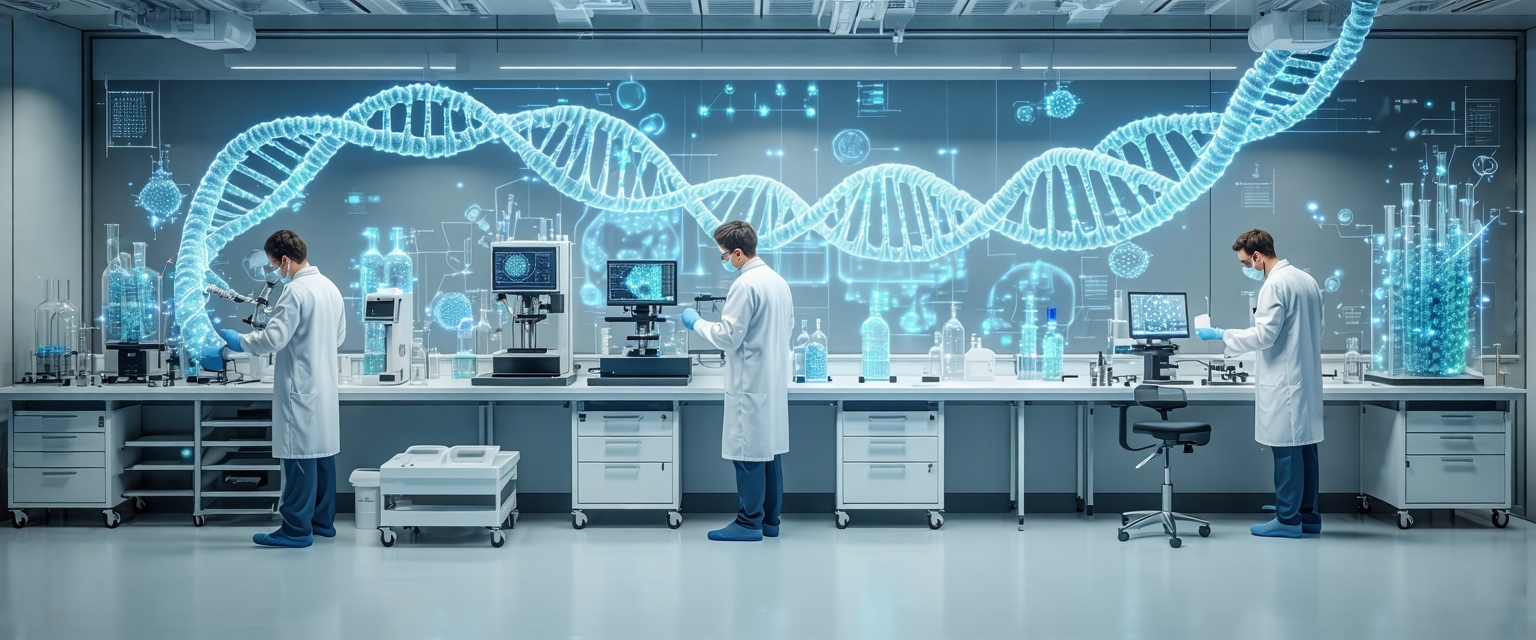






The field of biotechnology is rapidly evolving, with recent advancements significantly impacting healthcare and various industries. Two key areas showing remarkable progress are gene editing technologies and targeted drug delivery systems.
Gene editing technologies, such as CRISPR-Cas9, have revolutionized our ability to modify DNA. This precision allows scientists to correct genetic defects responsible for numerous diseases. Simultaneously, advancements in nanotechnology and materials science are driving the development of more effective drug delivery methods.
Traditional drug delivery often suffers from low efficiency and off-target effects. New approaches utilize nanoparticles and other carriers to target drugs specifically to diseased cells, minimizing side effects and maximizing therapeutic impact.
Researchers have recently demonstrated improved CRISPR systems with enhanced accuracy and reduced off-target effects. This is crucial for advancing gene therapies for conditions like cystic fibrosis and sickle cell anemia. In drug delivery, the development of biodegradable nanoparticles that release medication at specific sites within the body is gaining traction.
Furthermore, the integration of artificial intelligence (AI) and machine learning into both gene editing and drug delivery design is accelerating the identification of optimal treatment strategies and accelerating the drug development process.
These advancements hold immense promise for treating a wide range of diseases, from genetic disorders to cancers. The ability to correct genetic defects at the source opens avenues for curing previously incurable diseases. Improved drug delivery systems enhance treatment effectiveness and reduce the need for high dosages, improving patient outcomes and quality of life.
Beyond healthcare, biotechnology impacts other sectors. For instance, enhanced gene editing techniques are being applied to agricultural biotechnology, leading to the development of more resilient and productive crops.
The future of biotechnology involves refining current techniques and exploring new frontiers. This includes developing even more precise gene editing tools, designing intelligent drug delivery systems that respond to real-time physiological changes, and furthering the integration of AI for personalized medicine.
Addressing ethical concerns surrounding gene editing and ensuring equitable access to these advanced therapies are critical considerations for responsible innovation. Public discourse and robust regulatory frameworks are necessary to navigate this rapidly evolving landscape.